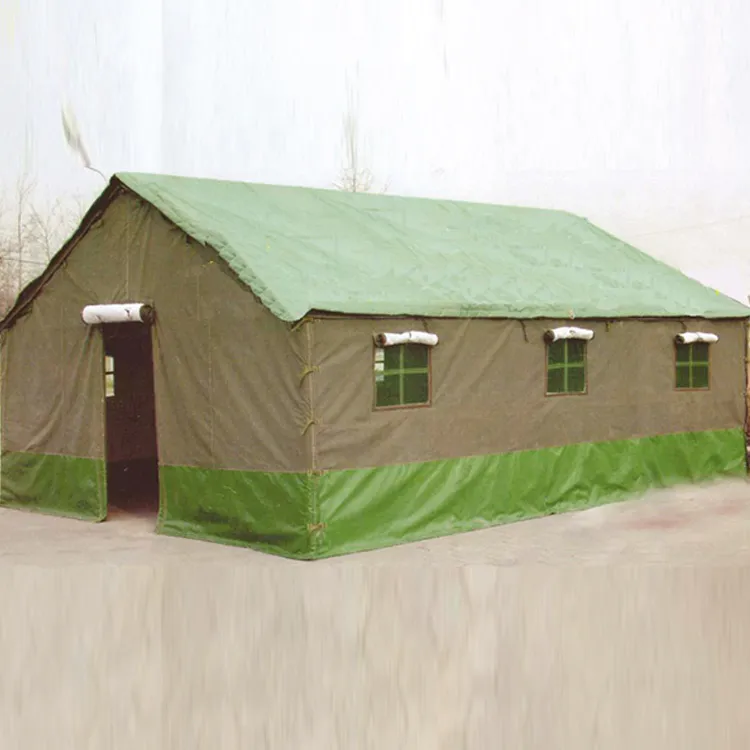Affordable Sewing Machines for PP Bags Price Comparison and Best Deals Available Today
The Rising Popularity and Pricing of PP Bag Sewing Machines
In recent years, the demand for polypropylene (PP) bags has surged due to their lightweight, durable, and eco-friendly properties. As industries across the globe seek sustainable packaging solutions, businesses are increasingly turning to PP bag production. This rise in demand has led to a corresponding increase in the need for efficient machinery, particularly PP bag sewing machines. Understanding the prices of these machines is crucial for manufacturers looking to invest in their production capabilities.
The Significance of PP Bags
PP bags are widely used in various sectors, including agriculture, retail, and construction. Their use as shopping bags, agricultural bags for grains, and bulk packaging solutions has made them a staple in many industries. Given their reusability and recyclability, they align well with the growing push towards sustainability. With governments and organizations advocating for the reduction of single-use plastics, the shift to PP bags becomes even more imperative. Consequently, the production of these bags has become a lucrative business opportunity.
Overview of PP Bag Sewing Machines
PP bag sewing machines are specialized equipment designed to sew and seal polypropylene bags efficiently. These machines vary in capabilities, ranging from manual to fully automated systems. The basic function remains the same to provide a robust seam that ensures the durability and usability of PP bags in various applications.
The technology behind these machines has advanced significantly, providing features such as adjustable sewing speeds, different stitch types, and compatibility with various bag sizes. Some models even come with integrated cutting equipment, allowing manufacturers to streamline their workflow. The range of options available helps businesses tailor their investment according to their specific production needs.
Pricing Factors
pp bag sewing machine price

The price of PP bag sewing machines can vary widely based on several factors, including the type of machine, brand, features, and regional market conditions. Generally, basic manual sewing machines may start from around $1,000, while more advanced, automated models can range from $5,000 to $30,000 or more.
1. Type of Machine Manual machines are typically less expensive than fully automatic models. Automation can lead to increased productivity and savings in labor costs over time, justifying the higher initial investment.
2. Brand and Quality Established brands that offer high-quality, reliable machines may command higher prices. Investing in a reputable brand can lead to better long-term performance and lower maintenance costs.
3. Features and Technology Machines equipped with advanced technology such as computer numerical control (CNC) capabilities, automated threading systems, and programmable sewing settings will likely be priced higher but can enhance production efficiency and flexibility.
4. Region and Availability Prices may also fluctuate based on the manufacturer’s location, shipping costs, and local demand. In some regions with a booming packaging industry, the prices for these machines might be more competitive.
Conclusion
Investing in a PP bag sewing machine is a strategic decision for manufacturers aiming to capitalize on the growing demand for polypropylene bags. With prices ranging significantly based on various factors, businesses must assess their production needs, operational capacities, and budget constraints when making a purchase. As the market for sustainable packaging continues to evolve, having the right equipment will be essential for maintaining a competitive edge. By understanding the landscape of PP bag sewing machine pricing, manufacturers can make informed decisions that align with their business goals and sustainability initiatives.
-
Leather Sewing Machine: The Industrial Standard for Tough MaterialsNewsJul.18,2025
-
Sail Making Machine: Heavy-Duty Stitching for Industrial and Marine NeedsNewsJul.18,2025
-
Sling Sewing Machine: The Backbone of Heavy-Duty FabricationNewsJul.18,2025
-
Leather Sewing Machine: Precision for Heavy-Duty StitchingNewsJul.18,2025
-
Big Bag Sewing Machine: Powering the Future of Bulk PackagingNewsJul.18,2025
-
FIBC Sewing Machine: Essential Equipment for Bulk Bag ProductionNewsJul.18,2025
-
Heavy Duty Leather Sewing Machine: A Must-Have for Professional LeatherworkNewsMay.28,2025





























